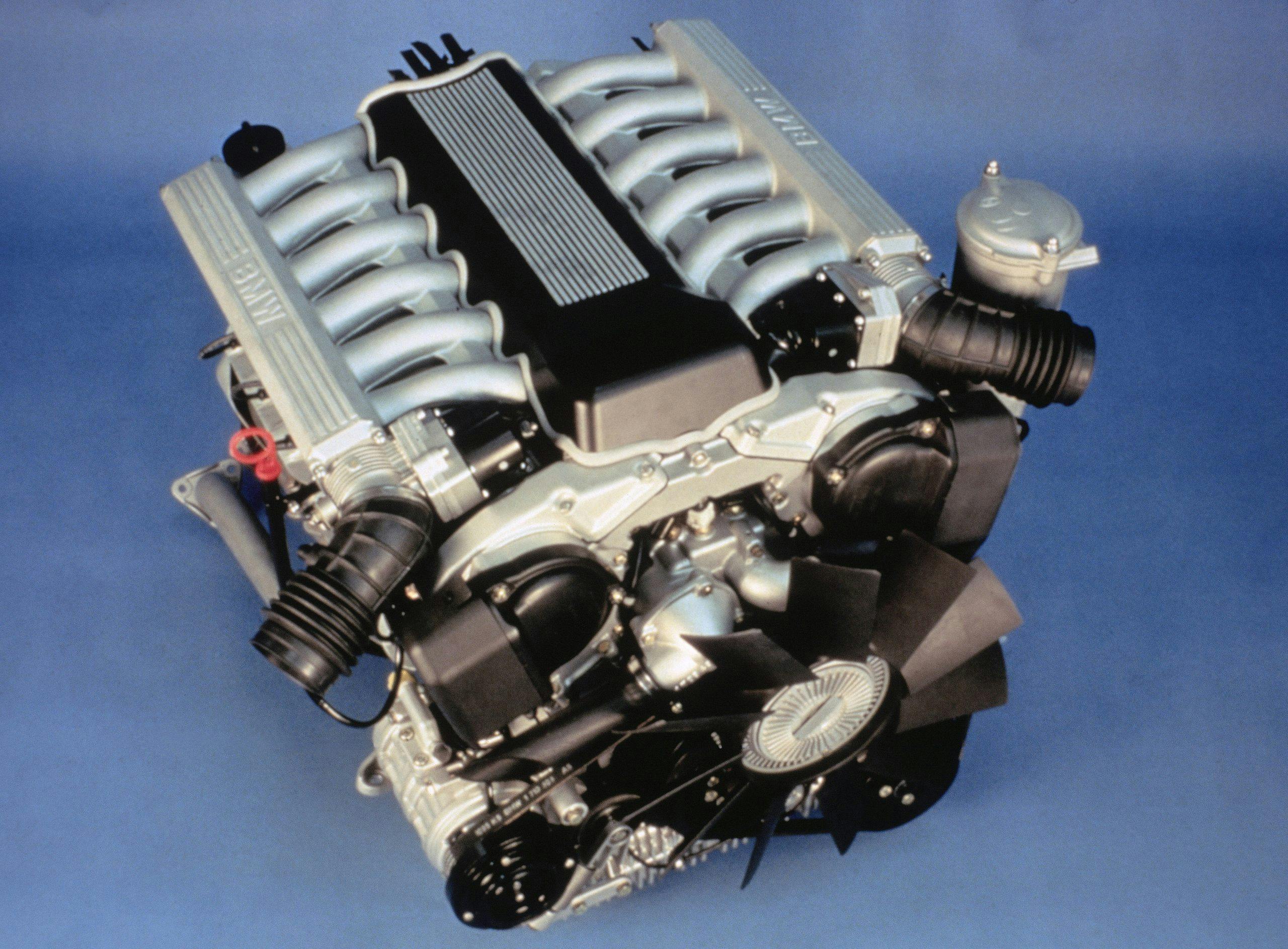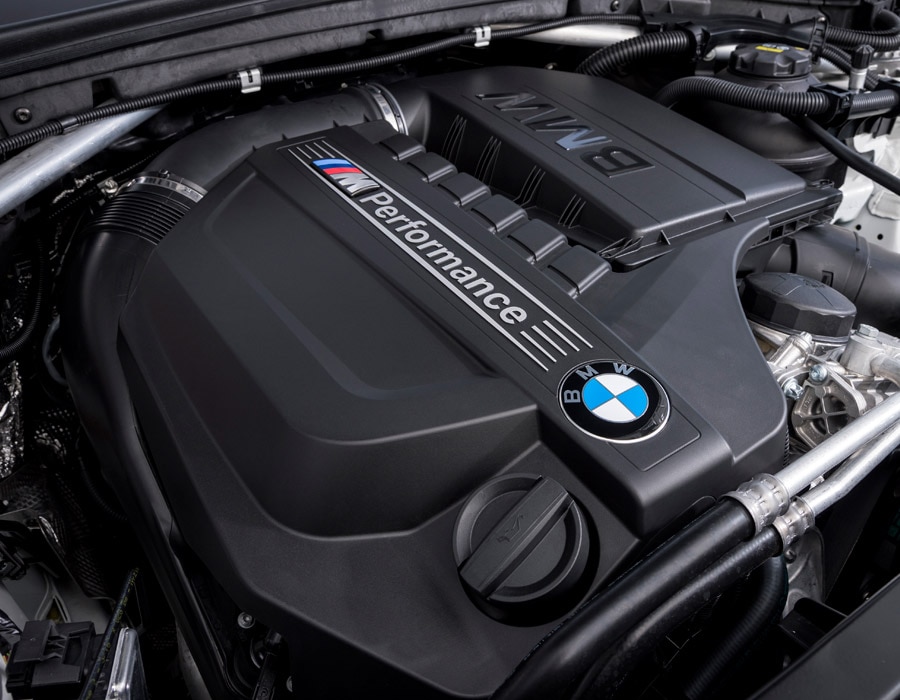Typical Problems Dealt With by BMW Engine Owners and Exactly How to Fix Them
Typical Problems Dealt With by BMW Engine Owners and Exactly How to Fix Them
Blog Article
Unveiling the Intricacies of Next-Generation Power Units: a Deep Study Advanced Engine Designs and Developments
As we stand on the precipice of a new period in transportation, the ins and outs of next-generation engine styles bid us to check out the advanced modern technologies and developments that guarantee to redefine the driving experience. Delving much deeper into the realms of exhaust control, intelligent engine administration systems, and the perspective of power device advancement, we locate ourselves on the cusp of a change that guarantees to improve the landscape of mobility as we understand it.
Development of Engine Materials

The shift towards progressed engine materials has actually also made it possible for designers to design engines with higher power results while preserving fuel efficiency criteria. For instance, the usage of light-weight products minimizes the total weight of the engine, leading to boosted fuel economic climate and lower emissions. In addition, innovations in products innovation have enabled better thermal monitoring within engines, resulting in increased reliability and long life.
Turbocharging and Supercharging Technologies
Just How do Turbocharging and Supercharging Technologies revolutionize engine performance and efficiency in modern vehicles? Turbocharging and turbo charging are modern technologies that significantly improve engine efficiency by enhancing the amount of air intake right into the combustion chamber. Turbocharging accomplishes this by making use of a turbine driven by exhaust gases to pressurize the consumption air, while supercharging uses a belt- or chain-driven compressor to achieve the very same impact.
These modern technologies make it possible for smaller sized, more fuel-efficient engines to create power comparable to bigger ones, called downsizing. Forcibly more air right into the cylinders, turbocharging and supercharging enhance combustion effectiveness, leading to enhanced horse power and torque outcome without a substantial rise in engine size. This leads to far better acceleration, pulling capacity, and general driving performance.
Furthermore, turbo charging and turbocharging contribute to enhanced gas performance by allowing the usage of smaller sized engines that consume much less fuel under typical driving conditions - bmw engine. This combination of enhanced efficiency and effectiveness has made turbocharging and supercharging integral parts of many modern-day engine designs
Discharge Control and Environmental Influence
With increasing worldwide worries regarding air high quality and ecological sustainability, the execution of emission control technologies in cars plays a vital role in decreasing damaging toxins launched right into the atmosphere. Modern cars are furnished with see this innovative exhaust control systems that aid minimize the environmental influence of automotive operations. Catalytic converters, for example, are designed to convert hazardous gases such as carbon monoxide gas, nitrogen oxides, and hydrocarbons right into much less unsafe materials like co2 and water vapor.
Moreover, innovations in engine technology, such as the integration of exhaust gas recirculation systems and discerning catalytic decrease, have actually substantially added to reducing emissions. These modern technologies work in tandem to enhance combustion effectiveness and decrease the release of unsafe contaminants into the air. Additionally, the growth of crossbreed and electric vehicles represents a crucial action in the direction of minimizing the general environmental footprint of the transportation field.
Intelligent Engine Monitoring Solution

In addition, these systems make it possible for vehicles to satisfy stringent discharges standards without jeopardizing performance, offering an extra environmentally pleasant driving experience. The combination of expert system and machine knowing capabilities in engine monitoring systems continues to press the boundaries of what is feasible, leading to additional enhancements in performance, dependability, and total car efficiency. bmw engine. As automotive innovation advances, smart engine monitoring systems will play a crucial function fit the future of transport towards a much more effective and lasting instructions
Future Trends in Power Unit Growth
As intelligent engine administration systems lead the means for improved control and optimization in contemporary lorries, future trends in power system advancement are positioned to redefine the landscape of automotive propulsion technologies. One of the crucial fads driving innovation in power unit advancement is the change in the direction of electrification. With a boosting concentrate on sustainability and lowering carbon exhausts, hybrid and electric powertrains are becoming extra widespread in the automotive industry. These alternative source of power offer improved efficiency and efficiency while lining up with rigorous ecological regulations.
One more significant trend is the assimilation of innovative products and manufacturing techniques. Lightweight materials such as carbon fiber and light weight aluminum are being made use of to minimize general car weight, improving gas performance and performance. Additionally, advancements in 3D printing and additive production are allowing the manufacturing of complex engine elements with greater accuracy and resilience.
In addition, artificial intelligence and artificial intelligence are playing a critical duty in maximizing power device performance. These innovations enable real-time monitoring and adaptive control, leading to more effective and reliable power shipment. On the whole, future fads in power system advancement are geared towards efficiency, efficiency, and sustainability, driving the automobile sector towards a new era of propulsion innovations.

Verdict
In verdict, the advancements in engine materials, turbocharging, exhaust control, and smart management systems have actually led the way for next-generation power systems. The detailed designs and developments in contemporary engines display the recurring evolution of automobile modern technology.
Exploring the modern developments in engine products has been pivotal in improving the performance and effectiveness of contemporary engines. Over the years, the advancement of engine products has actually played a vital duty in pressing the borders of what engines can attain.The change in the direction of advanced engine materials has actually likewise allowed engineers to develop engines with higher power results while keeping gas performance criteria.The execution of smart engine management systems over here in contemporary cars has transformed the way engines are controlled and optimized for efficiency and efficiency. By collecting information in real-time and assessing it with innovative formulas, intelligent engine management systems can adapt to driving designs, ecological aspects, and engine health and wellness to make the most of power output while minimizing gas usage and discharges.
Report this page